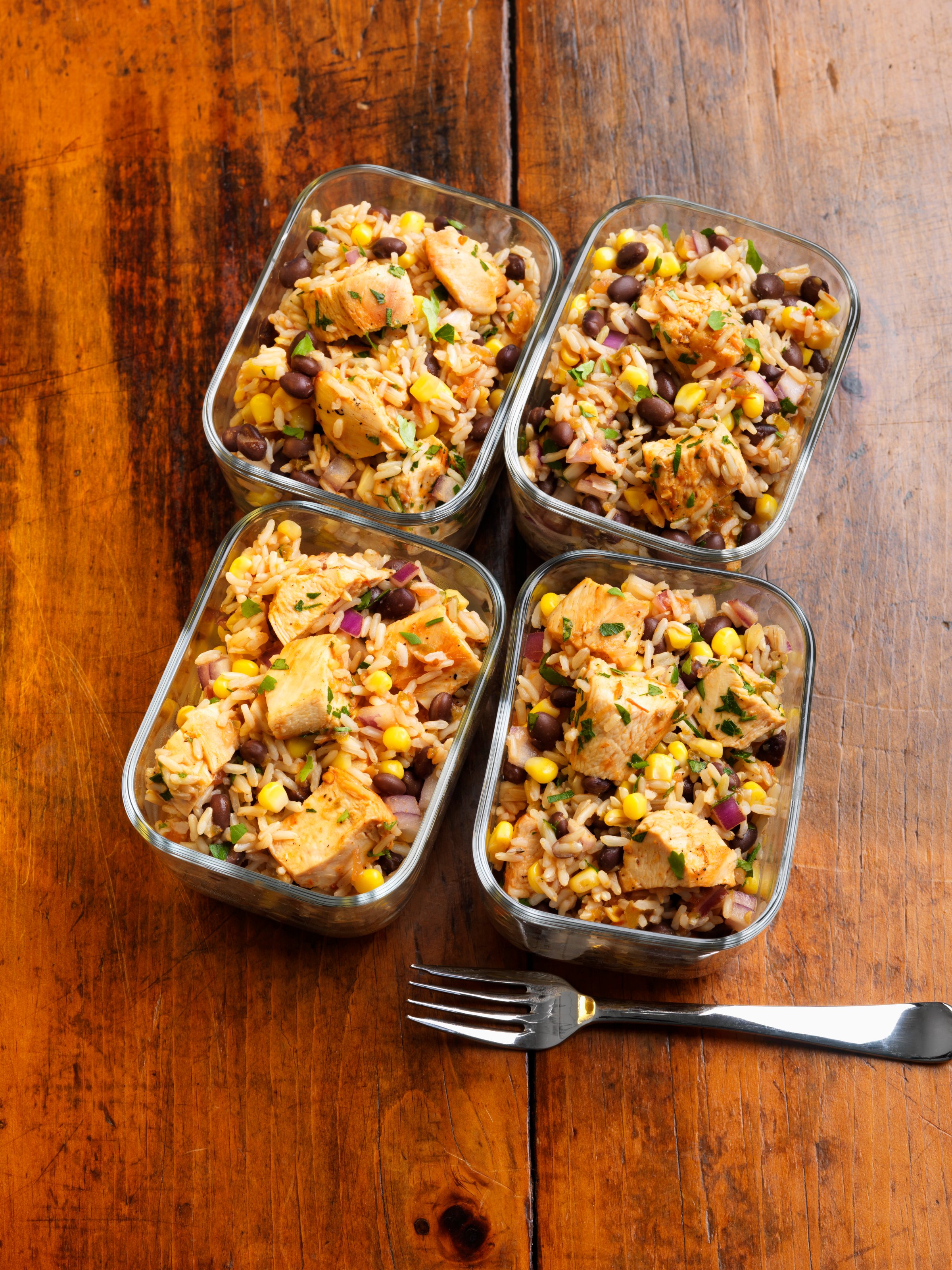
The thing I hate most about shopping is not navigating a crowded store or staring at my pasty reflection under the dressing room’s harsh lighting. Nope, that stuff doesn’t bother me. If you ask me, the most dreaded store moment is watching the machine spit out a footlong receipt, and then swimming in awkwardness because no way am I touching that thing.
“Um, can you just toss that for me?” I always ask—as I back away in horror.
“Sure,” the cashier replies, frowning at my apparent paper phobia.
HEALTH.COM: Which Internet Food Rumors Are True?
OK, so that’s a slight dramatization, but it does accurately represent my feelings regarding receipts. My reason: they’re coated with bisphenol A (BPA), a chemical that the National Toxicology Program deemed worthy of “some concern for effects on the brain, behavior, and prostate gland in fetuses, infants, and children at current human exposures” after reviewing the research in 2008. Two studies just this year linked handling receipts to elevated levels of BPA in the body.
Previous research has shown an association between BPA and heart problems, as well as asthma and obesity risk in children. And now, in a recent study published in the journal Hypertension, South Korean researchers found that drinking from cans lined with the chemical may raise blood pressure immediately.
The issue with BPA isn’t just that it’s linked to health issues—it’s that it’s so widely used in a variety of consumer products like car seats, food packaging, dental sealants, and electronics, to name a few, explains Laura Vandenberg, PhD, an assistant professor of environmental health science at the University of Massachusetts at Amherst. “Everyone is exposed to this chemical every day.”
HEALTH.COM: 10 Natural Ways to Lower Blood Pressure
Though the U.S. Food and Drug Administration contends that BPA “is safe at the current levels occurring in foods,” that doesn’t necessarily mean that the levels we’re exposed to from all our daily contact with it are “entirely safe,” Vandenberg says. “Pregnant or breastfeeding women, babies, and small children are especially vulnerable. The new study about blood pressure is a big deal because it shows for the first time that there are measurable health effects in human adults.”
All of this means that perhaps my over-the-top receipt anxiety isn’t misplaced. If you’re concerned about BPA, here are a few changes to make that really can put a dent in your exposure.
Skip canned goods when possible
The plastic that lines the inside of your can of beans or soup serves a very important purpose: without it, the can would corrode over time, allowing metals to leach in your food. The problem? The lining is made with BPA which can get into your food, too. “The majority of the exposure is thought to happen this way,” Vandenberg says. Some companies, like Amy’s, Eden Organics, and Muir Glen use BPA-free cans, but very few follow their lead because it’s so much more expensive. Outside of those companies, this leaves you with few options other than choosing fresh whenever possible and looking for soups, broths, and tomato products packaged in glass jars or Tetra Paks (aka those paperboard cartons).
HEALTH.COM: 15 Ways to Be a Natural Beauty
Don’t microwave plastics
BPA helps make plastic materials hard and strong, so they keep their shape and don’t break. “A lot of plastics say on them ‘microwave-safe’, but that only means it won’t totally ruin the plastic,” Vandenberg says. “It doesn’t mean it’s safe for you or your food.” When microwaved, plastic food containers can break down from high temperatures, allowing more BPA or other chemicals into your food, according to the National Institute of Environmental Health Sciences. Put your leftovers in ceramic or glass before heating. (It’s also a good idea to wait for food to cool before putting it in plastic containers.)
Say no to receipts
This is one of the easiest ways to limit BPA in your life: ask the cashier if she can skip printing one (this saves her the exposure, too) and press “No” at the ATM or gas station. Simply touching a receipt allows your skin to absorb the BPA, and “so many people don’t realize how much they’re actually handling receipts. I’ve seen women use it to blot their lipstick or put it in their mouths while they go through their wallets,” Vandenberg says. For those times you absolutely need a receipt, store it in an envelope away from the rest of the things in your purse, and be sure to wash your hands after touching it. This may help reduce the amount that ends up in your system.
HEALTH.COM: DIY Non-Toxic Home Cleaners
Buy a BPA-free water bottle
The FDA banned BPA in baby bottles and sippy cups back in 2012 because of the known risks to children, and BPA-free water bottles became all the rage. But if you still haven’t picked one up, here are some options:
Lifefactory Glass Bottle with Silicone Sleeve ($15, amazon.com)
Klean Kanteen Wide Mouth Bottle With Stainless Loop Cap ($17, amazon.com)
More Must-Reads from TIME
- Why Trump’s Message Worked on Latino Men
- What Trump’s Win Could Mean for Housing
- The 100 Must-Read Books of 2024
- Sleep Doctors Share the 1 Tip That’s Changed Their Lives
- Column: Let’s Bring Back Romance
- What It’s Like to Have Long COVID As a Kid
- FX’s Say Nothing Is the Must-Watch Political Thriller of 2024
- Merle Bombardieri Is Helping People Make the Baby Decision
Contact us at letters@time.com